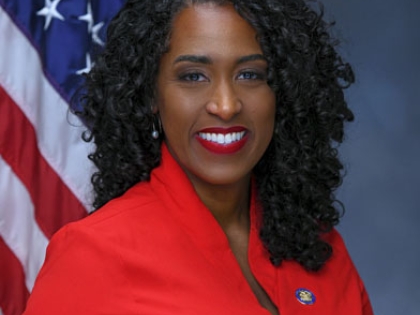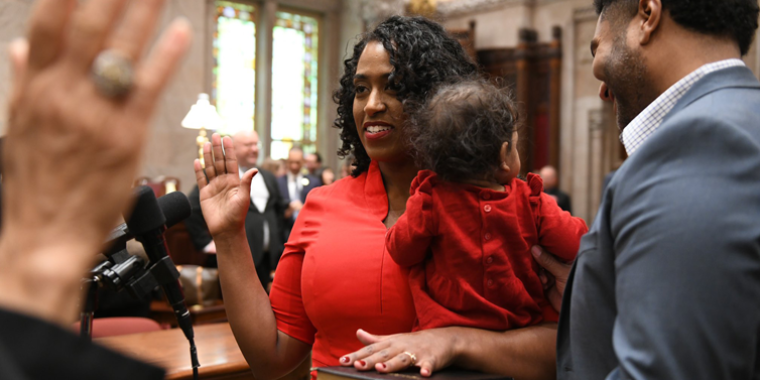
Lawmakers warn of potential workforce crisis among mental hygiene nonprofits
ALBANY — State lawmakers pressed for answers at a hearing at the Capitol Thursday on whether enough money is allocated in Gov. Kathy Hochul’s executive budget for workers who regularly deal with New York’s most vulnerable residents to compensate for what some call a historically underfunded system.
Lawmakers again cast a workforce shortage as a major crisis facing three of the state’s largest human services agencies: the Office of Mental Health, the Office of Addiction Services and Supports, and the Office for People with Developmental Disabilities. In recognition of the rising inflation that has driven calls for wage increases across the country, Hochul’s budget includes a 2.5 percent cost-of-living adjustment (COLA) for individuals who work in nonprofit programs that provide many of the same services as those in the state workforce.
Commissioners from the mental hygiene agencies offered some cautious optimism during the hearing about the staffing situation among their workers. Dr. Ann Marie Sullivan, the director of the Office of Mental Health, pointed to boosted recruitment efforts, including loan forgiveness programs and partnerships with local universities that she said have seen success in attracting new workers.
And Kerri Neifeld, who heads the Office for People with Developmental Disabilities, noted recent retention rates have appeared to stabilize, a promising sign for a workforce that has had well-documented issues with staff turnover and burnout that have only increased since the pandemic.
Part of that, Neifeld said, is due to a 5.4 percent cost-of-living adjustment for nonprofit workers included in last year’s budget, an investment that translated into nearly $380 million in funds across the spectrum.
Yet that has not been enough to satisfy many workers in those fields, according to some Democratic legislators and advocates who spoke at the hearing.
The proposed 2.5 percent cost-of-living adjustment this year is "absolutely an insult," said Assemblywoman Aileen Gunther, an Orange County Democrat, adding that many of the workers she has spoken with often have to work multiple jobs to compensate for low wages. She has pushed for an 8.5 percent cost-of-living adjustment across the board, as have dozens of nonprofit service providers who work with New Yorkers with disabilities, mental health disorders or struggles with substance abuse.
Gunther also cast what she deemed a decrease in workforce investment as a blow for the communities that primarily make up that workforce — namely, lower-income women of color.
Assemblywoman Rebecca Seawright, a Manhattan Democrat, noted that high turnover rates have led to what she called a "massive jobs hemorrhage" as workers, especially those in the nonprofit sector, seek jobs in other industries that pay more. Lawmakers cited anecdotal reports of workers fleeing for better paying jobs in retail and fast food companies.
Advocates partially blame years of underfunding, said Glen Liebman, the CEO of the New York Mental Health Association. But with an influx of federal funds still left from pandemic-era relief, Liebman said the state has an opportunity to "course-correct" its worker funding now — especially as workers face an increasingly desperate affordability crisis.
"We always say, this is mission-driven work, but mission-driven does not put food on the table," Liebman said.
Advocates also took the opportunity to suggest what may be viewed as long-shot recruitment ideas; Liebman told legislators they should consider pensions for staff who work in nonprofits geared toward care for mental health or addiction services.
He also pointed to legislation sponsored by state Sen. Samra Brouk, a Monroe County Democrat who has worked in the nonprofit sector herself. Brouk’s bill would tie cost-of-living adjustments to inflation automatically.
"We shouldn't be coming back year after year. ... We shouldn't have to fight for this," Liebman said. "You have to be giving people money to be able to live."
